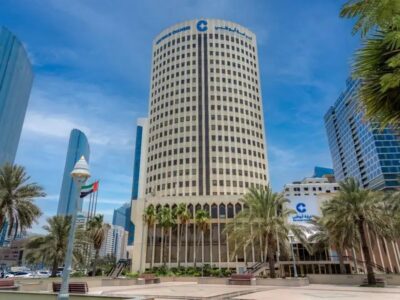The UAE refused to support military operations in Libya because of anger that its US and European allies failed to take a stronger stand against what the UAE sees as Iranian involvement in Bahrain, the former head of the country’s air force said.
“What’s going on in Bahrain is not like Tunisia or Egypt – it’s a wide Shiite coup supported by Hezbollah, supported by Iran,” Major General Khaled Bu-Ainnain said in an interview on Wednesday. He said he believed that the Gulf Cooperation Council would consider supporting coalition efforts in Libya “if they take a more firm stance in the Iranian and foreign meddling in Bahraini internal affairs and GCC internal affairs in general.”
The UAE said on Tuesday it would only provide humanitarian support to Libyan civilians, two days after a coalition including the US, UK and France launched a first wave of attacks to enforce a no-fly zone. Secretary of State Hillary Clinton called Arab participation “extraordinarily important” and said more can be expected.
Qatar, a member of the GCC, is the only Arab country that has so far committed military assistance in Libya.
The decision to launch an offensive in Libya came less than a week after troops from the six-member GCC moved into Bahrain, the first cross-border intervention since the wave of popular uprisings in the Middle East began in January.
Bu-Ainnain said he believed the decision to send GCC forces was taken “not because Bahrain is short on human resources, but because it shows that GCC security is a collective issue among all the Gulf countries,” said.
Bahrain’s government on March 20 condemned what it called “blatant Iranian interference” in its internal affairs, state- run Bahrain News Agency reported, citing memos written by officials including Bahrain’s ambassador to the United Nations. Last week, Bahrain recalled its envoy to Tehran after Iranian Foreign Ministry spokesman Ramin Mehmanparast referred to the deployment of Gulf troops as “meddling.”
At least 13 people have been killed in violent clashes since February 14, when protesters, most of them from the Shiite Muslim majority, began their uprising against the Sunni monarchy, according to a statement by the Bahraini Human Rights Society.
In an August 5, 2008 cable published by Wikileaks, diplomats at the US Embassy in Manama wrote: “Bahraini government officials sometimes privately tell US official visitors that some Shia oppositionists are backed by Iran.” To date, it said, there had been “no convincing evidence of Iranian weapons or government money here since at least the mid-1990s.”
Iran is Shiite-ruled and has a mainly Shiite population. Shiites make up about 70 percent of the population of Bahrain and many retain cultural and family ties with Iran. The ruling family, like all the Arabian Gulf’s royalty, are Sunni Muslims. Bahrain is home to the US Navy’s Fifth Fleet.
“If this revolt is not stopped, I assure you the first target will be the Fifth Fleet in Bahrain, so it is in everyone’s best interest to act before it is too late,” Bu-Ainnain said.








